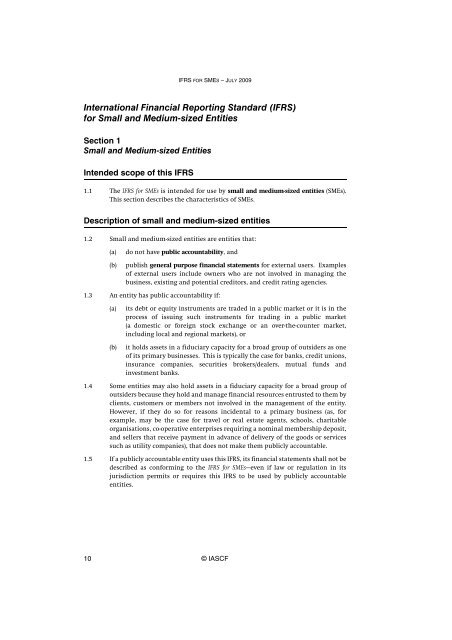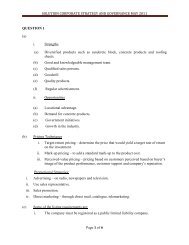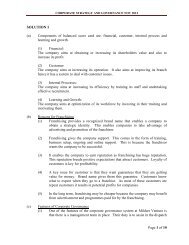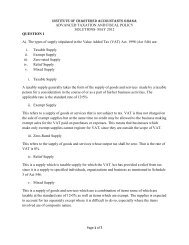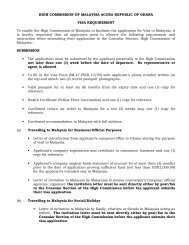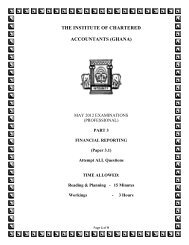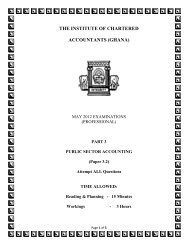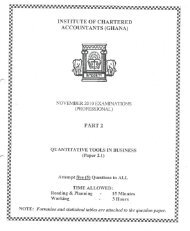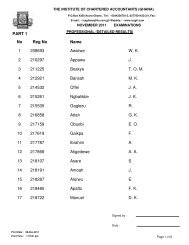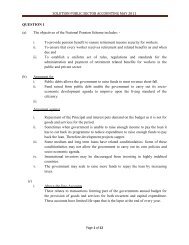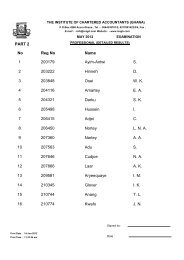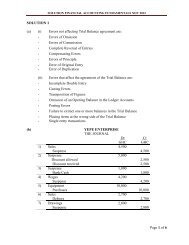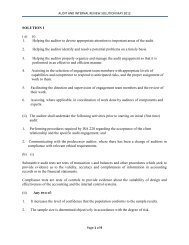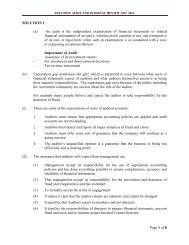(IFRS) for Small and Medium-sized Entities (SMEs)
(IFRS) for Small and Medium-sized Entities (SMEs)
(IFRS) for Small and Medium-sized Entities (SMEs)
You also want an ePaper? Increase the reach of your titles
YUMPU automatically turns print PDFs into web optimized ePapers that Google loves.
<strong>IFRS</strong> FOR SMES – JULY 2009International Financial Reporting St<strong>and</strong>ard (<strong>IFRS</strong>)<strong>for</strong> <strong>Small</strong> <strong>and</strong> <strong>Medium</strong>-<strong>sized</strong> <strong>Entities</strong>Section 1<strong>Small</strong> <strong>and</strong> <strong>Medium</strong>-<strong>sized</strong> <strong>Entities</strong>Intended scope of this <strong>IFRS</strong>1.1 The <strong>IFRS</strong> <strong>for</strong> <strong>SMEs</strong> is intended <strong>for</strong> use by small <strong>and</strong> medium-<strong>sized</strong> entities (<strong>SMEs</strong>).This section describes the characteristics of <strong>SMEs</strong>.Description of small <strong>and</strong> medium-<strong>sized</strong> entities1.2 <strong>Small</strong> <strong>and</strong> medium-<strong>sized</strong> entities are entities that:(a)(b)do not have public accountability, <strong>and</strong>publish general purpose financial statements <strong>for</strong> external users. Examplesof external users include owners who are not involved in managing thebusiness, existing <strong>and</strong> potential creditors, <strong>and</strong> credit rating agencies.1.3 An entity has public accountability if:(a)(b)its debt or equity instruments are traded in a public market or it is in theprocess of issuing such instruments <strong>for</strong> trading in a public market(a domestic or <strong>for</strong>eign stock exchange or an over-the-counter market,including local <strong>and</strong> regional markets), orit holds assets in a fiduciary capacity <strong>for</strong> a broad group of outsiders as oneof its primary businesses. This is typically the case <strong>for</strong> banks, credit unions,insurance companies, securities brokers/dealers, mutual funds <strong>and</strong>investment banks.1.4 Some entities may also hold assets in a fiduciary capacity <strong>for</strong> a broad group ofoutsiders because they hold <strong>and</strong> manage financial resources entrusted to them byclients, customers or members not involved in the management of the entity.However, if they do so <strong>for</strong> reasons incidental to a primary business (as, <strong>for</strong>example, may be the case <strong>for</strong> travel or real estate agents, schools, charitableorganisations, co-operative enterprises requiring a nominal membership deposit,<strong>and</strong> sellers that receive payment in advance of delivery of the goods or servicessuch as utility companies), that does not make them publicly accountable.1.5 If a publicly accountable entity uses this <strong>IFRS</strong>, its financial statements shall not bedescribed as con<strong>for</strong>ming to the <strong>IFRS</strong> <strong>for</strong> <strong>SMEs</strong>—even if law or regulation in itsjurisdiction permits or requires this <strong>IFRS</strong> to be used by publicly accountableentities.10 © IASCF


